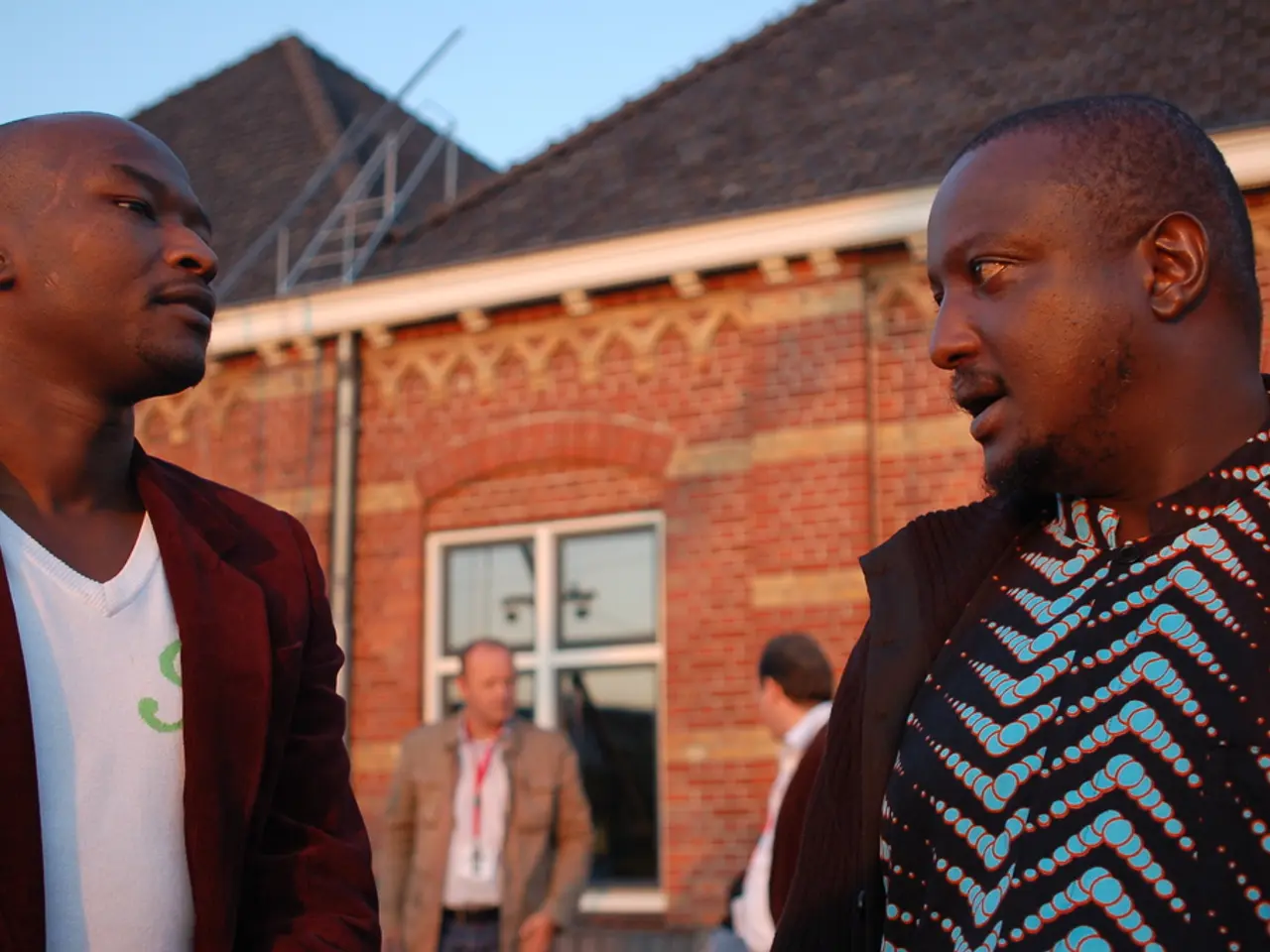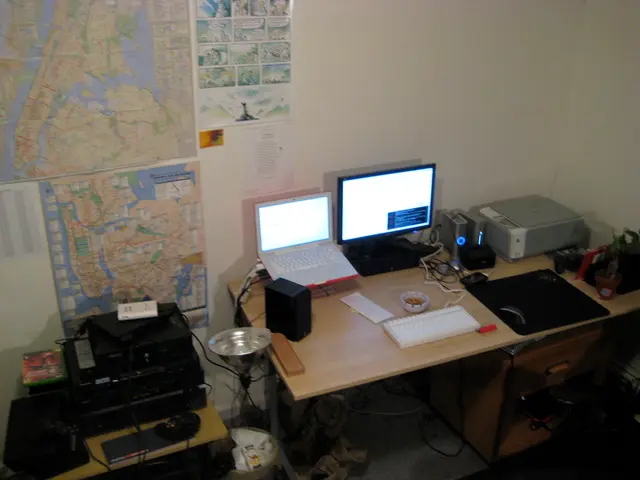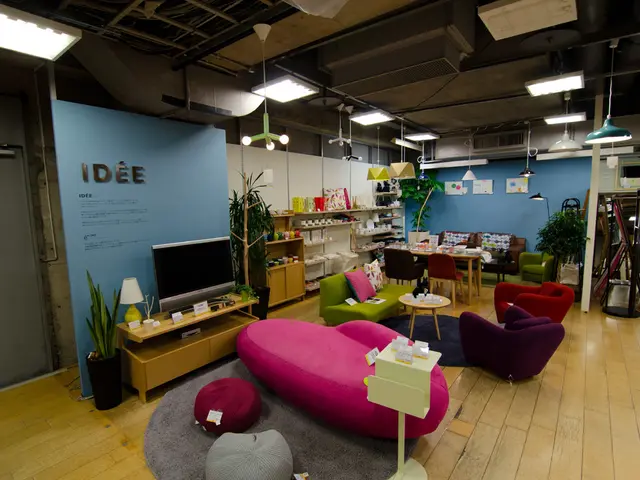Dispute over employee equity: M-KOPA accused of racial bias, company denies allegations as baseless
In a contentious court case that has been making headlines, Elizabeth Njoki, a former manager at M-KOPA Kenya Limited, has accused the company of racial discrimination in its equity allocation practices. M-KOPA Holdings, a UK-based fintech company, is the parent company of M-KOPA Kenya Limited.
Njoki alleges that M-KOPA conducted a discriminatory shareholding restructuring in 2019 and a “sham recapitalisation” in 2021, which deliberately devalued the company to favour Growth Shareholders—primarily white expatriates and global investors—at the expense of local Kenyan employees. She claims this amounts to racial bias in equity allocation, disadvantaging Kenyan staff and denying them meaningful ownership.
M-KOPA denies these allegations, calling them “spurious, misleading, and unfounded,” and insists it has provided clear evidence supporting its position. The company is seeking to have the case dismissed on jurisdictional grounds, arguing that it belongs in UK courts rather than Kenyan employment courts.
If the Kenyan courts decide to hear the case, it could set a significant precedent for how employee equity ownership and corporate governance are handled in Africa’s tech sector, potentially reshaping equity allocation practices and investor accountability in venture-backed startups.
According to court records, of 48 recipients of Growth Shares, only seven were of African descent. In a later allocation, none were Kenyan. The lawsuit claims that M-KOPA discriminated against African employees in allocating equity, assigning them to a weaker share class while offering superior rights and exit protections to expatriate staff.
M-KOPA maintains that no racial disparity exists in its equity programs and that the restructuring was legally sound and part of common startup governance practice. The company states that the Growth Share structure was introduced after its original Employee Stock Option Program was exhausted, and both programs were designed by third-party consultants and approved by the board.
However, Njoki argues that the Valuation process was a smoke screen to provide false validation to the Anti-dilution Plan. She also claims that the M-KOPA Articles of Association do not provide clear guidelines for allocating liquidation value, making the waterfall used in the recapitalisation complex, opaque, and providing cover for the Anti-dilution Plan.
The case has attracted attention due to the involvement of BII and GIM, UK government-owned development finance institutions, who sit on M-KOPA's board and have influence over decisions like capital structure and equity allocation. Both BII and GIM market themselves as ethical capitalists, with a focus on equitable development, long-term sustainability, and justice. They have, however, denied the allegations, stating that the claim is between Njoki and M-KOPA Holdings and that the allegations are false.
As of July 2025, the court case involving M-KOPA Holdings and Elizabeth Njoki is ongoing, with no final verdict publicly reported. The potential impact of this case could be far-reaching, influencing equity practices and corporate governance in African tech startups. The outcome may provide clarity on the responsibilities of global investors and holding companies operating in the Kenyan market and set a precedent for how employee equity is handled in future cases.
- The ongoing court case between M-KOPA Holdings and Elizabeth Njoki, a former manager, is centered around allegations of racial discrimination in equity allocation practices within the fintech company.
- Njoki accuses M-KOPA of conducting discriminatory shareholding restructurings in 2019 and 2021, which she claims deliberately favored Growth Shareholders, primarily white expatriates and global investors, at the expense of local Kenyan employees.
- The case could establish a significant precedent for how employee equity ownership and corporate governance are managed in Africa's tech sector, potentially reshaping practices in venture-backed startups.
- The lawsuit alleges that M-KOPA's equity programs, including the Growth Share structure, discriminated against African employees in allocating equity, assigning them to a weaker share class while offering superior rights and exit protections to expatriate staff.




